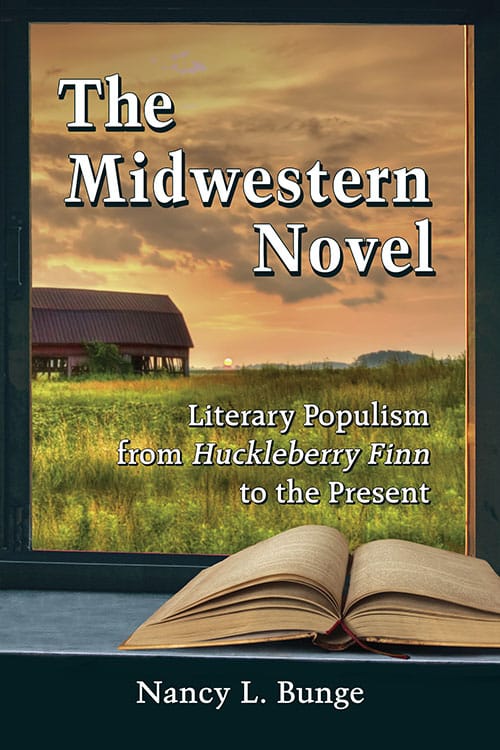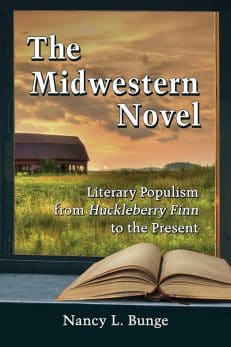The Midwestern Novel
Literary Populism from Huckleberry Finn to the Present
Original price was: $29.95.$14.99Current price is: $14.99.
In stock
About the Book
With Huckleberry Finn, American fiction changed radically and shifted its setting to the middle of the country. A focus on social issues replaced the philosophic and psychological explorations that dominated the work of Melville and Hawthorne. Colloquial speech rather than elevated language articulated these fresh ideas, while common folk rather than dramatic characters like Ahab and Hester Prynne played central roles.
This transformation of American literature has been largely ignored, while during the 130 years since Huckleberry Finn the Midwest has continued to produce writers whose work, like Twain’s, addresses injustice by portraying the decency of ordinary people. Since the end of the 19th century, Midwestern authors have dismissed the elite and celebrated those whom the power structure typically excludes: children, women, African-Americans and the lower classes. Instead of wealth and power, this literature values authenticity and compassion. The book explores this literary tradition by examining the work of 30 Midwestern writers including F. Scott Fitzgerald, Willa Cather, Ernest Hemingway, Richard Wright, Saul Bellow, Toni Morrison, Jonathan Franzen, Jane Smiley and Louise Erdrich.
About the Author(s)
Bibliographic Details
Nancy L. Bunge
Format: softcover (6 x 9)
Pages: 208
Bibliographic Info: notes, bibliography, index
Copyright Date: 2015
pISBN: 978-0-7864-9435-4
eISBN: 978-1-4766-1785-5
Imprint: McFarland
Table of Contents
Preface 1
Introduction 5
One. Conformity’s Consequences 19
Two. The Redemptive Potential of Childhood 49
Three. Valuing Women’s Passion 77
Four. The African American Dimension 104
Five. Surrendering to Nature 130
Six. Relaxing into Compassion 151
Chapter Notes 175
Bibliography 185
Index 193





